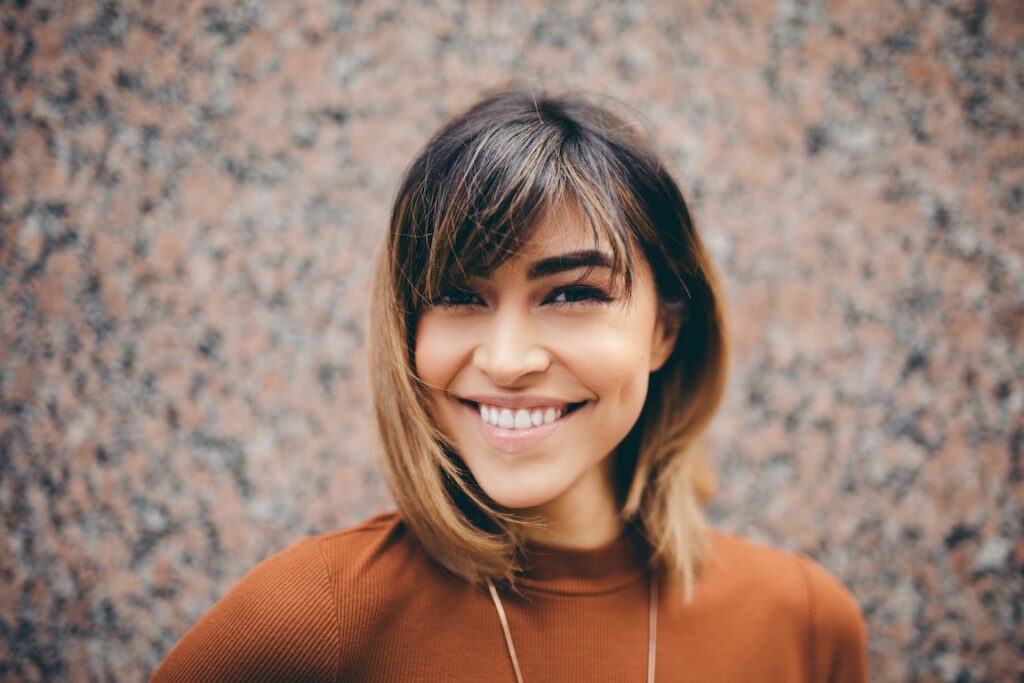October is National Depression Awareness Month. The Anxiety and Depression Association of America (ADAA) says 15 million Americans have chronic depression. A more staggering number is only 10% of those diagnosed ever receive any effective treatment.

Depression’s effects have a wide reach over all areas of a person’s life, as well as on his/her friends, family, co-workers, and often, beyond. In “Depression and Daily Life,[i]” Haesue Jo, MA says getting help is crucial not just for the person with depression, but for those around you: “Leaving depression untreated can lead to many other complications in one’s personal and professional life. In addition, depression may impact how you perform at work or your levels of concentration, so it can negatively affect productivity.”
For some people, depression is a temporary state that may come and go throughout life. However, depression often does not always travel alone. Many times, depression is coupled with other conditions, including addictions, anxiety and obsessive compulsive disorder. The compounding of depression and other conditions can make treatment and successful outcomes more difficult to attain.
Identifying the symptoms of depression is the first step in deciding if outside help is needed. The ADAA advises if you have been feeling sad or depressed for more than two weeks, you may have depression. Here are some symptoms to assess your situation:
- Sad or empty feeling for over two weeks
- Feeling hopeless or helpless
- Losing interest in things you usually enjoy
- Changes in appetite
- Nausea, headaches, chronic pain
- Change in sleep (sleeping too much or not sleeping at all)
- Withdrawing from friends and family
- Inability to concentrate
- Stressed out or anxious
- Irritability or anger
- Constant fatigue
- Thoughts of suicide
The idea of having depression is daunting. The word “depression” is commonly used and accepted, but accepting the diagnosis and getting ongoing treatment is not. Depression is a treatable medical condition that cannot be ignored. Addressing the problem begins by finding people you can talk honestly with about your concerns. Just as with any other medical condition, the sooner you begin treating depression, the sooner you can find resolution. Jo recommends talking to trusted family, friends, a doctor, a human resources specialist at work or a therapist.
In addition to finding a support system, there are other healthy activities that can stave off some of the doldrums of depression. When you are able, make simple, liberating decisions to step out of the shadow of depression. Making time for a fun event with friends can reduce stress and focus less on negative feelings. Exercising is a known stress/anxiety/depression reliever. Keeping a mood calendar allows you to track how you feel from day to day. This gives you a baseline of mood and feelings that you can use when you speak to a professional. After you seek help and start to see positive results, the calendar can be a reminder of where you came from and that you are on the right track.
[i] https://adaa.org/DepressionandDaily


